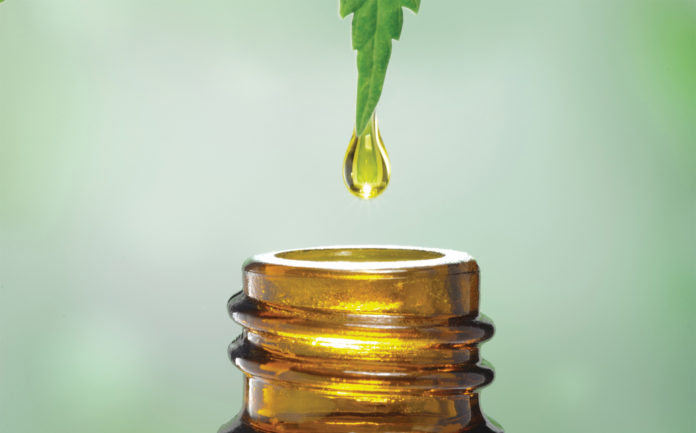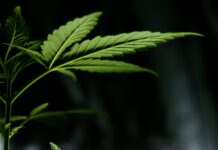LiveWell Canada says passage of the U.S. Farm Bill and legalization of hemp will unlock a multi-billlion-dollar wellness market made from hemp CBD and other hemp-derived cannabinoids.
The Farm Bill, which passed the Senate 87-13 on Dec. 11, will legalize industrial hemp, including interstate commerce for hemp and hemp-derived CBD.
The measure must still pass one final vote in the House of Representatives before being sent to President Trump to sign into law. Pundits expect that to happen by the end of the year.
With the legal ambiguities lifted, LiveWell Canada anticipates tremendous market demand for CBD in 2019.
“Legalization and acceptance of CBD for its health and wellness benefits is accelerating at a rapid pace globally,” the company stated in a release. “CBD is most commonly being used for anxiety, insomnia, pain and nausea, but is being investigated as a treatment for other conditions. Earlier this year, the U.S. FDA approved the CBD drug, Epidiolex, for the treatment of childhood epilepsy.”
See also: Medical cannabis: How CBD changed the game for boxer Jesse Bartlett
See also: No health issues associated with CBD: World Health Organization
The World Health Organization has also recommended descheduling CBD as a controlled substance among its 194-member states. The Brightfield Group of Chicago forecast the market for CBD from hemp could reach US$22 billion by 2022.
“We believe the market for hemp CBD could exceed the industry forecasts because of the huge shift to self-directed care and wellness among consumers. With the legal barriers and ambiguities removed, there will be greater awareness and acceptance of CBD as an alternative product for functional outcomes,” said David Rendimonti, President and CEO of LiveWell Canada.
“We are only seeing the tip of the iceberg of what this industry will become,” Rendimonti added.
About Hemp CBD:
CBD, short for cannabidiol, and other cannabinoids, can be extracted from both hemp and cannabis, but CBD derived from hemp is more economical to produce and faces fewer legal restrictions worldwide than cannabis. That’s because of its low THC content, the ingredient that makes you high.
There are three different strains of cannabis—Cannabis sativa L., Cannabis indica and Cannabis ruderalis.
Years of selective cultivation of Cannabis sativa L. has produced two sub-types of the strain: medical cannabis (marijuana) and industrial hemp. The two plants differ in terms of appearance and cannabinoid composition, most notably in that hemp possesses only trace amounts of the THC found in medical cannabis.
The anticipated passage of the Farm Bill would legalize all products made from industrial hemp, including CBD, if they contain no more than 0.3 percent THC.
-From LiveWell Canada



















